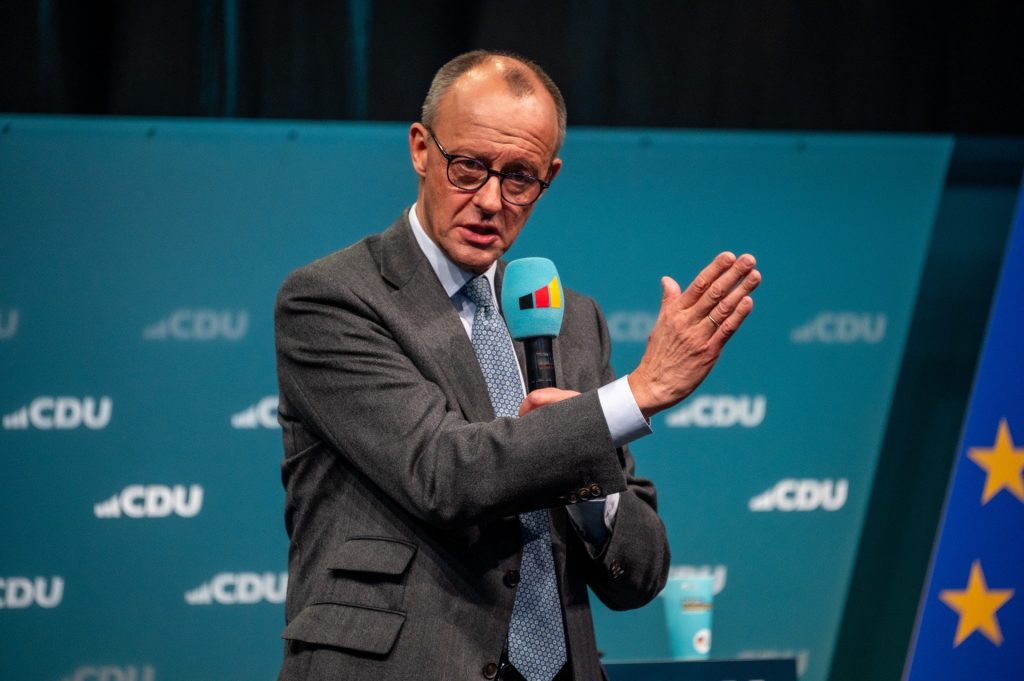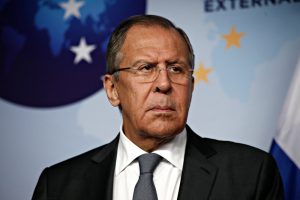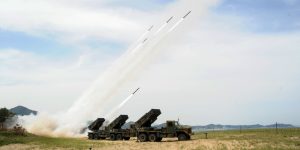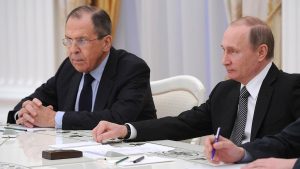The newly elected German leader calls for European defense independence as skepticism toward the U.S. grows.
Others are reading now
Friedrich Merz, the leader of Germany’s conservative Christian Democratic Union (CDU), has set the tone for his country’s future foreign policy, signaling a departure from past approaches to transatlantic relations. Following his electoral victory, Merz expressed doubts about NATO’s stability under Donald Trump’s administration and emphasized the urgent need for Europe to establish a defense system independent of the United States.
A New Course for Germany and NATO
Merz, who is poised to take over as German Chancellor, wasted no time in addressing concerns about Trump’s commitment to NATO. As reported by Digi24, he questioned whether NATO would remain in its current form beyond June, given Trump’s recent comments casting doubt on U.S. obligations to European allies.
The German leader stressed that his priority would be to strengthen Europe’s defense capabilities as quickly as possible. He hinted that Germany might seek nuclear protection from France and the UK if Trump follows through on his threats to reduce American security commitments to Europe.
Growing Skepticism Toward Trump’s Administration
Merz’s statements reflect a broader European unease regarding Trump’s approach to international relations. While Trump congratulated Merz on his electoral victory, recent U.S. policies—such as open support for Germany’s far-right Alternative for Germany (AfD) party and negotiations with Russia that excluded European nations—have reinforced concerns that America is distancing itself from its traditional allies.
Also read
German officials, including Foreign Minister Annalena Baerbock, have warned that Washington is not only pulling away from Europe but actively working against its interests. This perception is driving Berlin’s push for military self-reliance and stronger European cohesion.
The Future of Europe’s Defense Strategy
Merz’s government is expected to fast-track policies aimed at bolstering Germany’s military and defense industry. He has also voiced support for sending long-range Taurus missiles to Ukraine—a move previously blocked by outgoing Chancellor Olaf Scholz. Additionally, he has signaled openness to increasing Germany’s defense spending beyond NATO’s current 2% GDP target, aligning with Trump’s demand for higher European contributions.
As Merz prepares to assume leadership, Germany is poised for a significant geopolitical shift. With growing uncertainty about America’s role in European security, Berlin appears ready to take bold steps toward a more self-sufficient and strategically independent defense policy.








